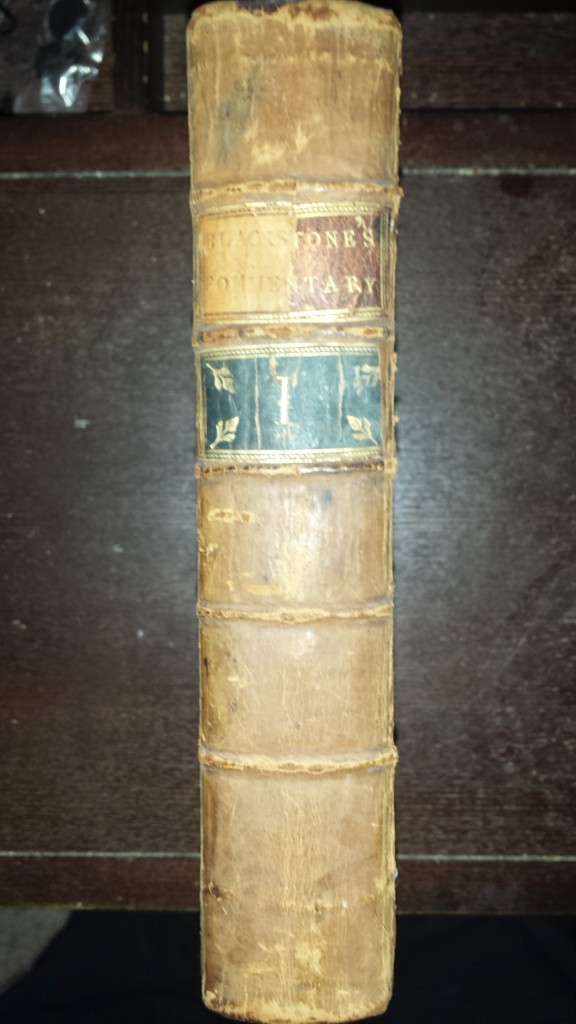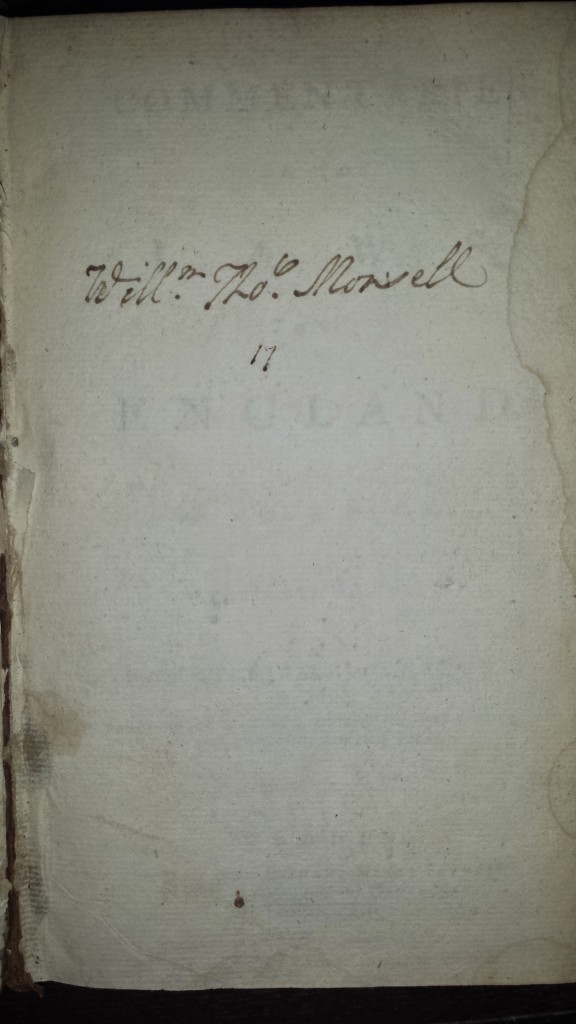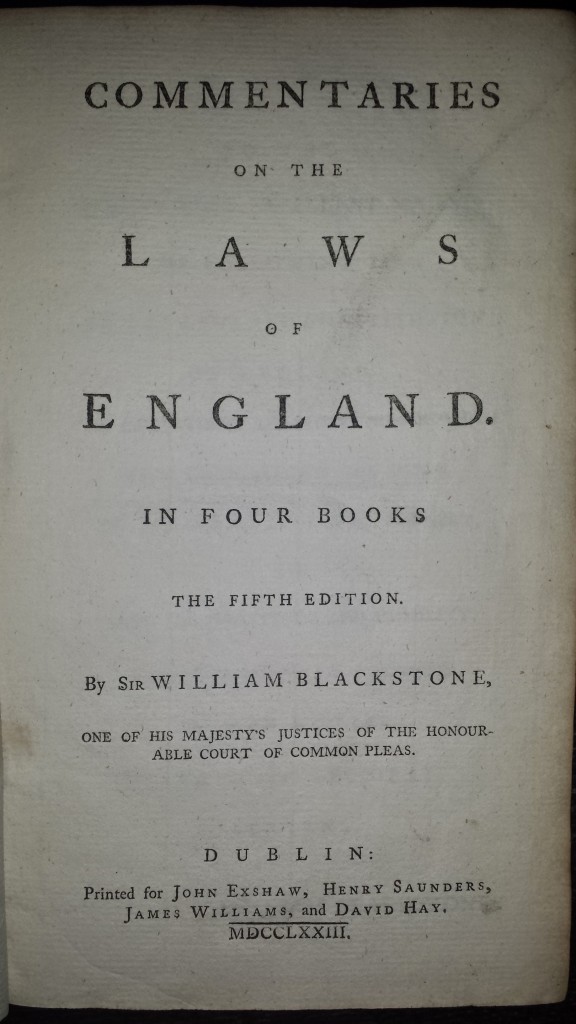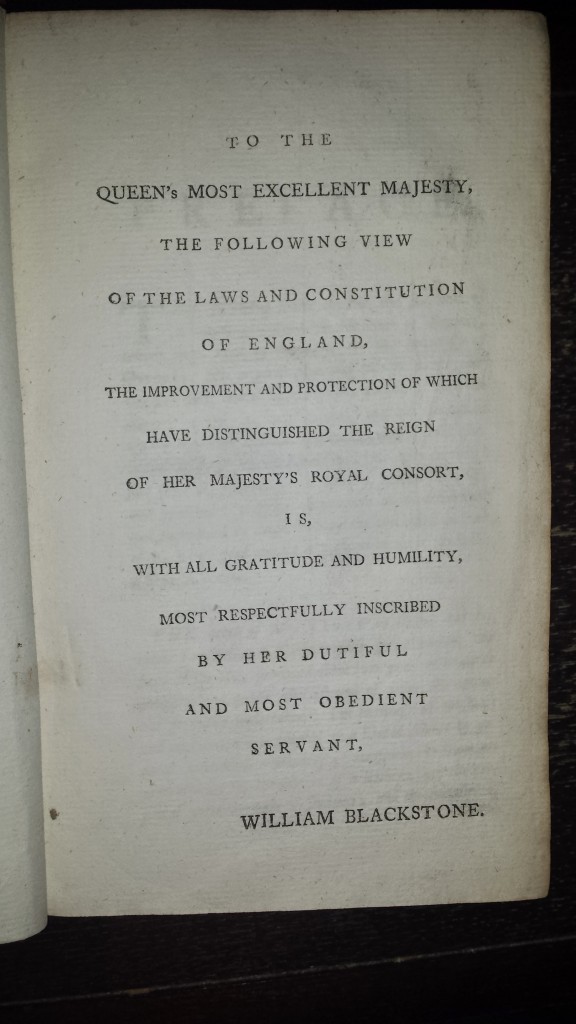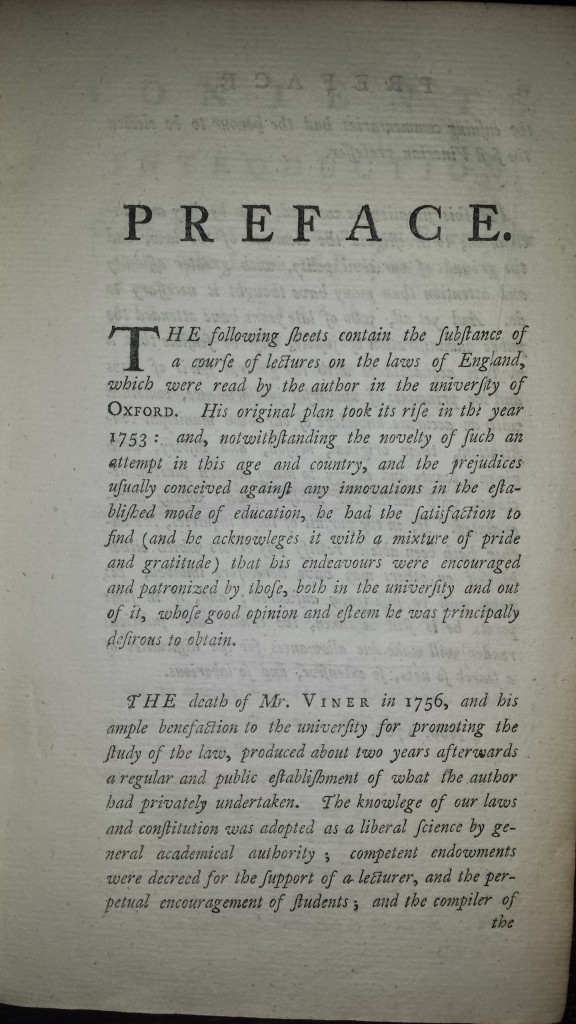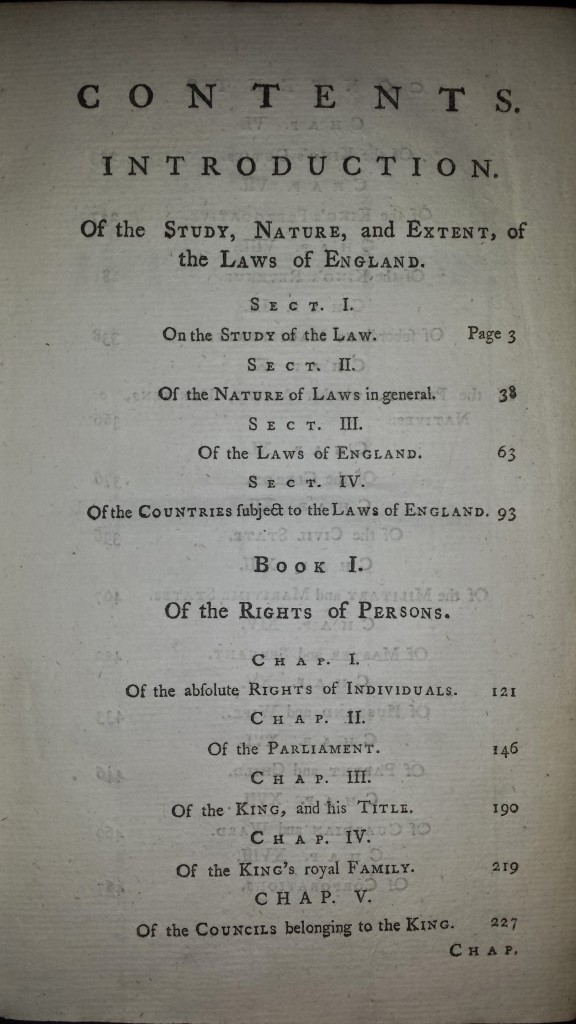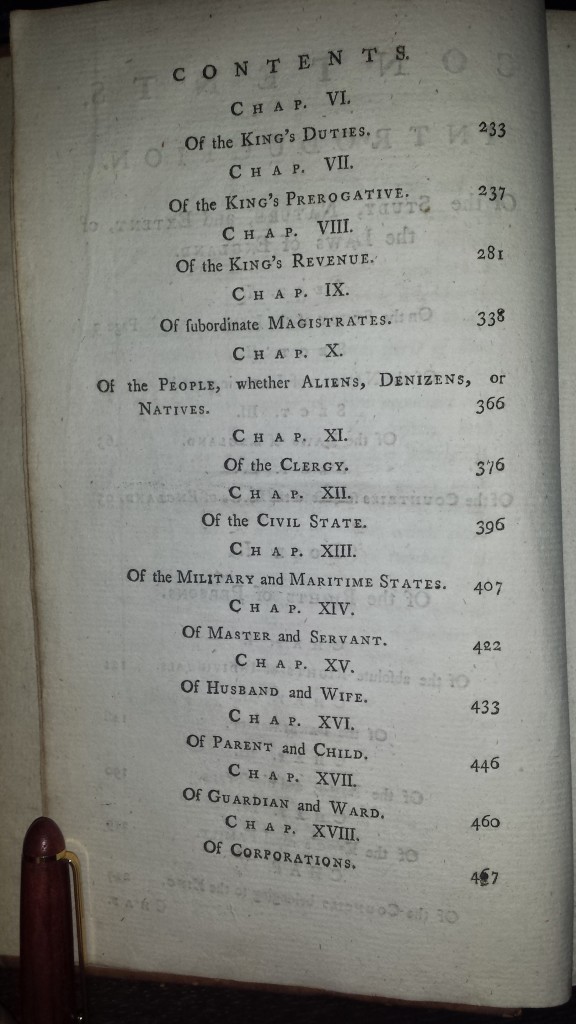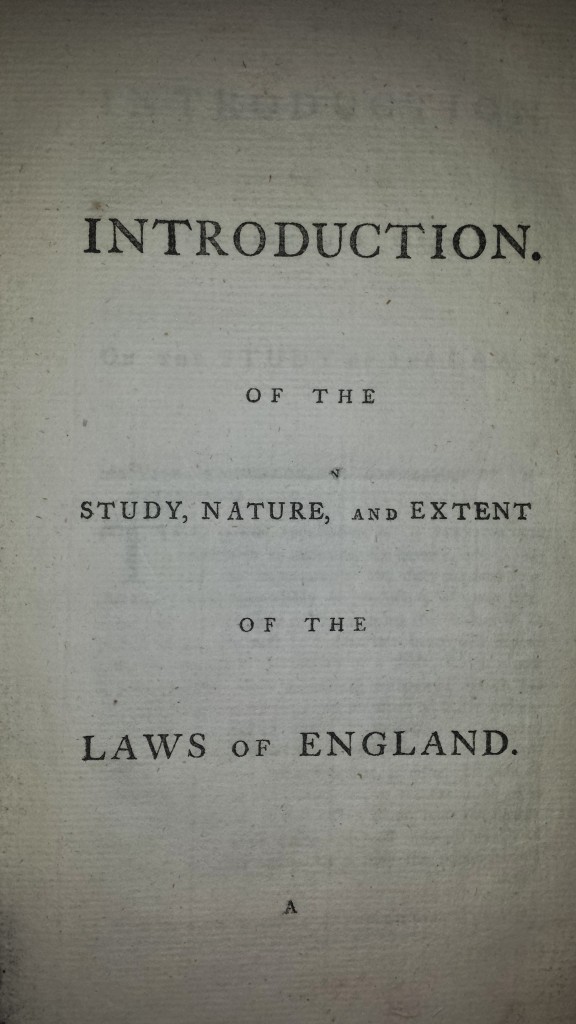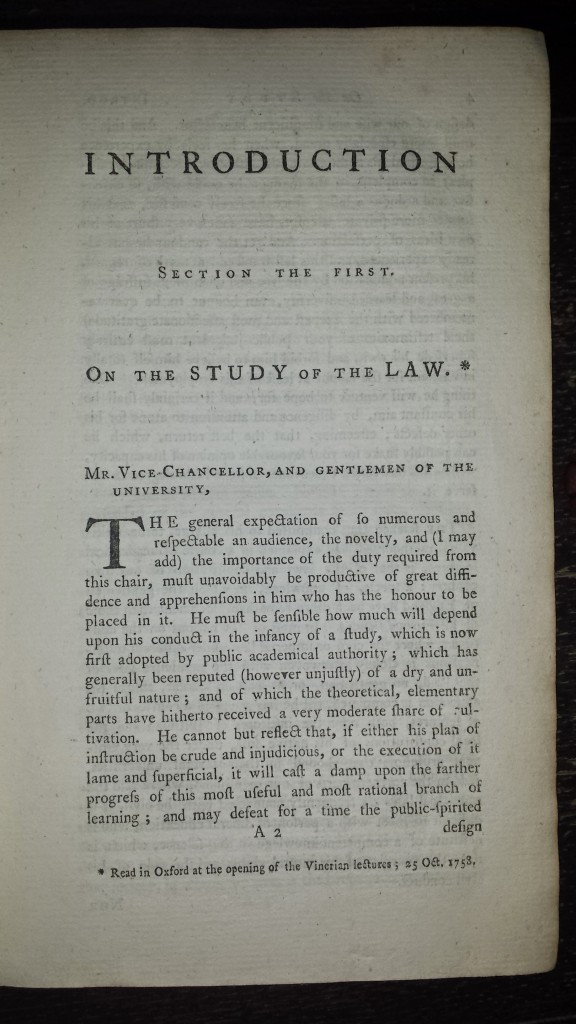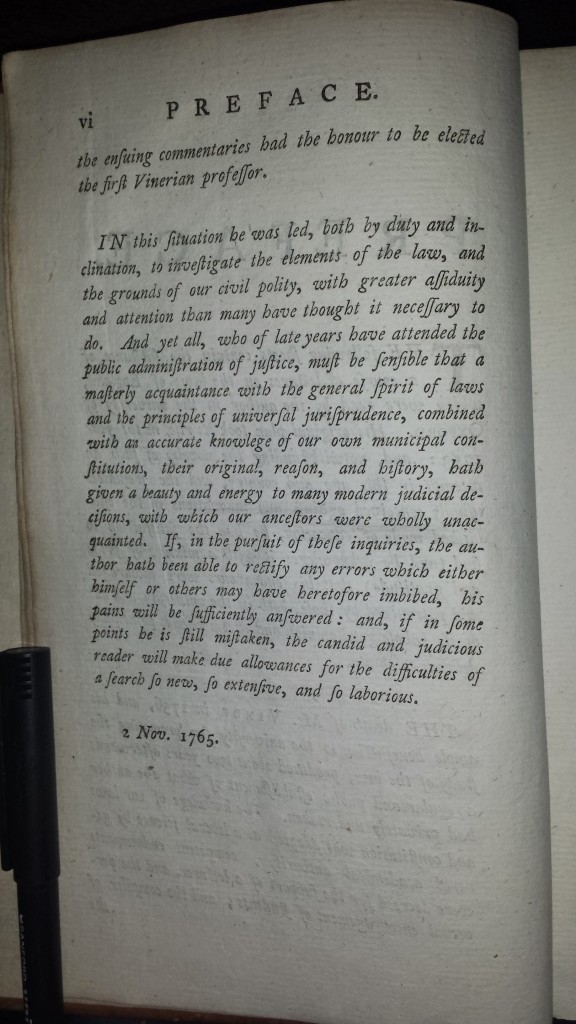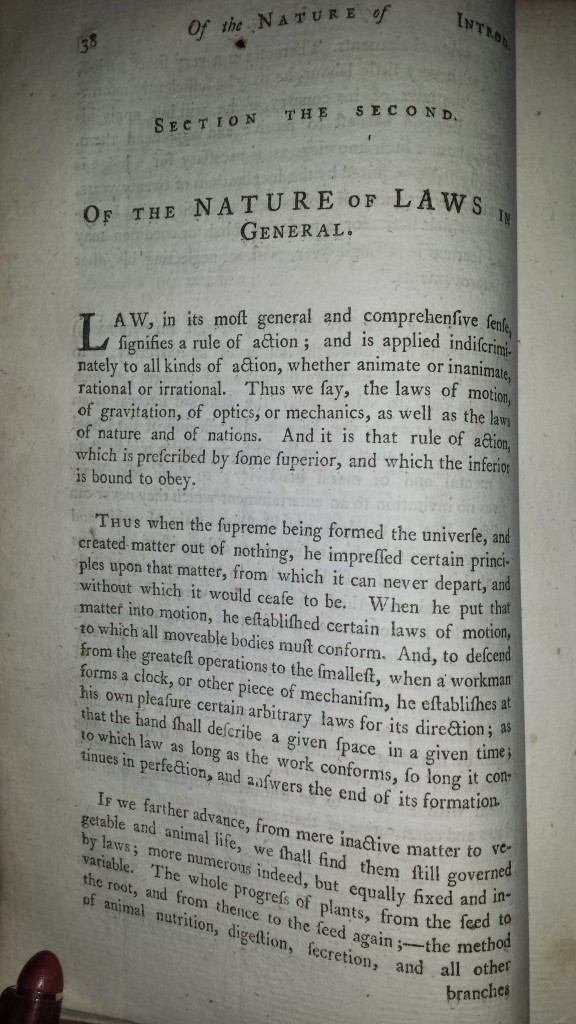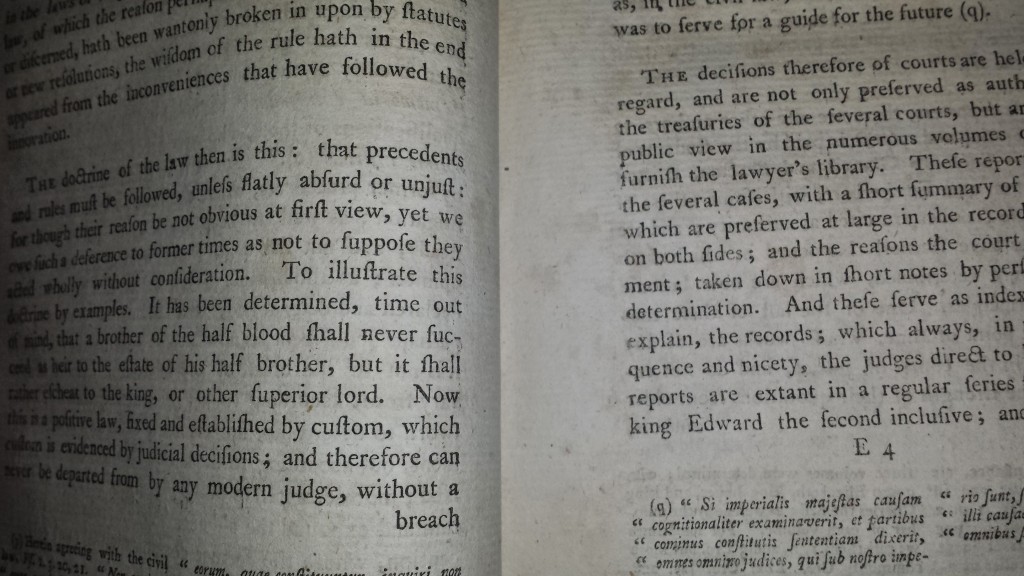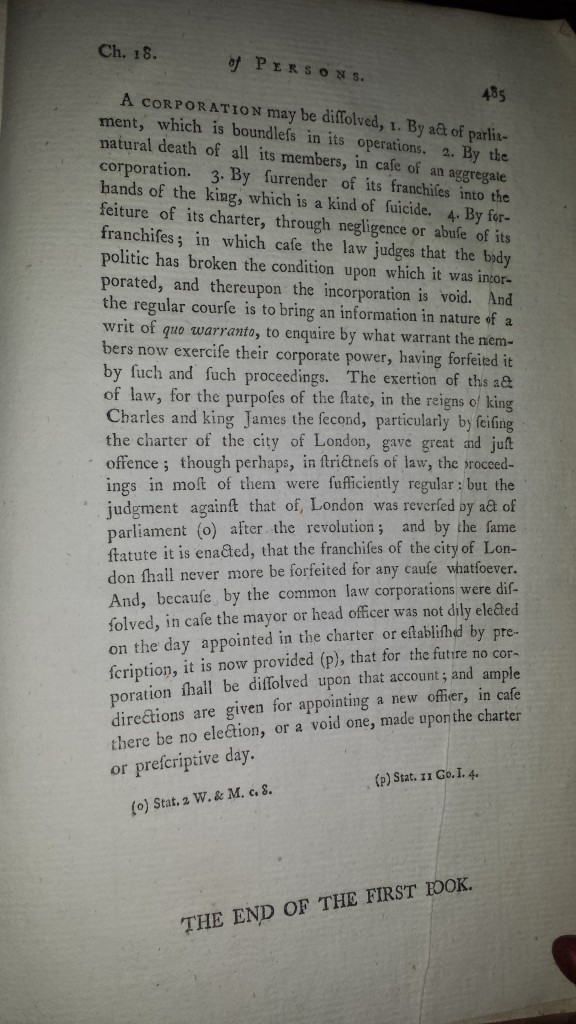Congratulations are in order to my good friend, and law school classmate Seth Hipple for successfully arguing Gericke v. Begin (1st Cir. May 24, 2014). (Disclosure: I provided comments on their appellate brief, and helped moot Seth before oral arguments). This case, which Seth and his law partner Stephen Martin filed back in 2011, involved whether there was a clearly established constitutional right to record the police during a traffic stop. The First Circuit had previously found that there was a right to record the police during an incident at Boston Common, but this case clarified that the right extends to an even more potentially hazardous situation during a traffic stop. In short, the facts here were quite messy, and involved a nighttime traffic stop where one of the people pulled over had a firearm. And even here, the court found that plaintiff Carla Gericke’s First Amendment rights were violated after she was arrested (but not prosecuted) for recording the traffic stop. This is a significant case, as it makes clear that the police do not have unfettered power to retaliate and punish citizens who seek to shine sunlight on their official conduct in public.
The court’s core holding is that this First Amendment right does not stop at a traffic stop.
In Glik, we explained that gathering information about government officials in a form that can be readily disseminated “serves a cardinal First Amendment interest in protecting and promoting ‘the free discussion of governmental affairs.'” Glik, 655 F.3d at 82 (quoting Mills v. Alabama, 384 U.S. 214, 218 (1966)). Protecting that right of information gathering “not only aids in the uncovering of abuses, but also may have a salutary effect on the functioning of government more generally.” Id. at 82-83 (citations omitted). Those First Amendment principles apply equally to the filming of a traffic stop and the filming of an arrest in a public park. In both instances, the subject of filming is “police carrying out their duties in public.” Id. at 82. A traffic stop, no matter the additional circumstances, is inescapably a police duty carried out in public. Hence, a traffic stop does not extinguish an individual’s right to film.
Though, much of the court’s opinion focused on how this holding would be limited. In preparation, I knew this would be the toughest aspect of the opinion. I was pleasantly surprised that the court drew the free speech line where it did, without being unduly deferential to the never-ending concerns about officer-safety.
This is not to say, however, that an individual’s exercise of the right to film a traffic stop cannot be limited. Indeed, Glik remarked that “a traffic stop is worlds apart from an arrest on the Boston Common in the circumstances alleged.” Glik, 655 F.3d at 85. That observation reflected the Supreme Court’s acknowledgment in Fourth Amendment cases that traffic stops may be “‘especially fraught with danger to police officers'” and thus justify more invasive police action than would be permitted in other settings. Arizona v. Johnson, 555 U.S. 323, 330 (2009) (quoting Michigan v. Long, 463 U.S. 1032, 1047 (1983)).9 Reasonable restrictions on the exercise of the right to film may be imposed when the circumstances justify them. See Glik, 655 F.3d at 84 (the exercise of the right to film may be subject to reasonable time, place, and manner restrictions); ACLU of Ill. v. Alvarez, 679 F.3d 583, 607 (7th Cir. 2012) (reasonable orders to maintain safety and control, which have incidental effects on an individual’s exercise of the First Amendment right to record, may be permissible).
And what are the reasonable restrictions that can be imposed?
The circumstances of some traffic stops, particularly when the detained individual is armed, might justify a safety measure — for example, a command that bystanders disperse — that would incidentally impact an individual’s exercise of the First Amendment right to film. Such an order, even when directed at a person who is filming, may be appropriate for legitimate safety reasons. However, a police order that is specifically directed at the First Amendment right to film police performing their duties in public may be constitutionally imposed only if the officer can reasonably conclude that the filming itself is interfering, or is about to interfere, with his duties. Glik’s admonition that, “[i]n our society, police officers are expected to endure significant burdens caused by citizens’ exercise of their First Amendment rights” will bear upon the reasonableness of any order directed at the First Amendment right to film, whether that order is given during a traffic stop or in some other public setting. Glik, 655 F.3d at 84 (citing City of Houston v. Hill, 482 U.S. 451, 461 (1987)). We have made clear that “[t]he same restraint demanded of police officers in the face of ‘provocative and challenging’ speech, must be expected when they are merely the subject of videotaping that memorializes, without impairing, their work in public spaces.” Glik, 655 F.3d at 84 (citations omitted) (quoting Hill, 482 U.S. at 461).
Any policy must be directed at officer safety, and not merely at stifling the recording of the police. I suspect this would weed away most pretextual orders to “Stop recording” because whatever. An issue that was a big deal in the lower court, but not much discussed here, was that the officers may be confused between an iPhone and a gun. I found this argument absurd, and I’m glad the court didn’t consider it.
Though, the opinion urges police departments to establish policies that can offer guidance of when police can stop recording, consistent with the First Amendment.
Importantly, an individual’s exercise of her First Amendment right to film police activity carried out in public, including a traffic stop, necessarily remains unfettered unless and until a reasonable restriction is imposed or in place. This conclusion follows inescapably from the nature of the First Amendment right, which does not contemplate self-censorship by the person exercising the right. See generally Baggett v. Bullitt, 377 U.S. 360, 372 n.10 (1964) (“[T]he conduct proscribed must be defined specifically so that the person or persons affected remain secure and unrestrained in their rights to engage in activities not encompassed by the [restriction].” (internal quotation mark omitted)); Herndon v. Lowry, 301 U.S. 242, 259 (1937) (“The appellant had a constitutional right to address meetings and organize parties unless in so doing he violated some prohibition of a valid statute.”); Dean v. Byerley, 354 F.3d 540, 551 (6th Cir. 2004) (“Although the government may restrict the [First Amendment] right [to use streets for assembly and communication] through appropriate regulations, that right remains unfettered unless and until the government passes such regulations.”). Such a restriction could take the form of a reasonable, contemporaneous order from a police officer, or a preexisting statute, ordinance, regulation, or other published restriction with a legitimate governmental purpose. Under Gericke’s version of the facts, no such restriction was imposed or in place.
The court, in a footnote, hinted at one possible formulation of the policy:
We do not consider whether the wiretapping statute amounted to a reasonable time, place, and manner restriction because the officers have not in any way challenged on appeal the district court’s ruling that there was no probable cause for the wiretapping charge.
The court repeated this line later in the opinion:
Our observation that the right to film is not unqualified recognized that the right can be limited by reasonable time, place, and manner restrictions. …
Under Gericke’s account, no order to leave the area or stop filming was given. Hence, we need not analyze whether a reasonable officer could have believed that the circumstances surrounding this traffic stop allowed him to give such an order. That hypothetical scenario involving a possible restriction on the right to film is irrelevant to this interlocutory appeal. ….
It would be nonsensical to expect Gericke to refrain from filming when such filming was neither unlawful nor the subject of an officer’s order to stop. In the absence of such restrictions, a reasonable police officer necessarily would have understood that Gericke was exercising a clearly established First Amendment right.
So expect the police departments to craft policies that limit recording based on time, plane, and manner, whatever that means. Though the scope of that policy should be fairly narrow. In this case the time (night), place (traffic stop), and manner (recording 30 feet away from traffic stop with gun involved) are fairly officer-favorable. This was not valid. So any time, place, manner policy would be limited.But that won’t stop police officers from abusing that policy.
And, in a footnote, the court expressed some skepticism of what happens at a trial on remand–specifically whether an order was given to Gericke to stop recording.
Of course, a trial might leave a fact-finder with a different view of whether Sergeant Kelley ordered Gericke to leave the area or stop filming. That view, in turn, might affect the court’s analysis of the availability of qualified immunity to the officers.
The court’s final paragraph is suddenly quite narrow on the facts:
Under Gericke’s version of the facts, where there was no police order to stop filming or leave the area, a jury could supportably find that the officers violated her First Amendment right by filing the wiretapping charge against her because of her attempted filming of Sergeant Kelley during the traffic stop. It was clearly established at the time of the stop that the First Amendment right to film police carrying out their duties in public, including a traffic stop, remains unfettered if no reasonable restriction is imposed or in place. Accordingly, we hold that the district court properly denied qualified immunity to the officers on Gericke’s section 1983 claim that the wiretapping charge constituted retaliatory prosecution in violation of the First Amendment.
Based on my reading of the record, no order was given, telling her to stop recording until after nay possible threat to officer safety was gone.
Again, congratulations to Seth. My understanding is that the First Circuit seldom grants en banc review, especially on a unanimous panel decision. So unless the government goes for cert, this precedent will stand, regardless of what happens on remand.
